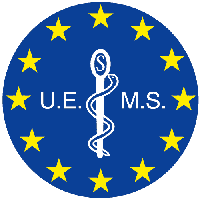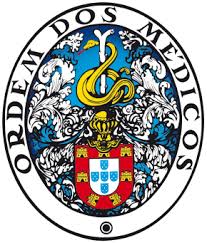Medical Practice Technical Challenges
Laparoscopy & Robotics
Minimally Invasive Surgery in General Surgery - 2nd Edition
22-M01
Applications to the current course are now closed.
March 29th 2023 - March 31st 2023
COURSE COORDINATORS
Hugo Pinto Marques (MD, PhD) ,
Carlos Vaz (MD)
COURSE PRESENTATION
In the field of General Surgery, the most relevant technical improvement in the last 100 years was the emergence of laparoscopic surgery in the 1980s and robotic surgery already in the 21st century. Despite the great advances achieved, this technical progress is not widespread yet - indeed, almost all surgical procedures in several fields, including surgical oncology, are performed by minimally invasive approach in centres of excellence only.
The course Minimally Invasive Surgery in General Surgery: Laparoscopy and Robotics aims to bring together the most experienced and renowned laparoscopic and robotic world-class surgeons in a state-of-the-art forum, with the ultimate goal of meeting training needs in this area.
This course is theoretical and practical, addresses the main surgical procedures, with demonstrations, including live surgery sessions, and discussion. It conveys the most recent advances.
The course Minimally Invasive Surgery in General Surgery: Laparoscopy and Robotics aims to bring together the most experienced and renowned laparoscopic and robotic world-class surgeons in a state-of-the-art forum, with the ultimate goal of meeting training needs in this area.
This course is theoretical and practical, addresses the main surgical procedures, with demonstrations, including live surgery sessions, and discussion. It conveys the most recent advances.
TARGET AUDIENCE
General surgeons (or its subspecialties) and residents of general surgery who wish to develop and/or improve their knowledge and experience in this area.
LEARNING OBJECTIVES >> KNOWLEDGE AND SKILLS TO DEVELOP
- To know and to describe the potential uses of laparoscopic and robotic surgery in bariatric and metabolic surgery, colorectal surgery, abdominal wall surgery, hepato-bilio-pancreatic surgery and esophagogastroduodenal surgery.
- To know and be able to describe the indications, patient selection, risks and complications of the surgical procedures presented throughout the training program.
- To know, to be able to describe and to be able to discuss the advantages and disadvantages of laparoscopy and robotics in the cases presented throughout the training program.
- To know and to be able to describe the relevant anatomical features related to the cases presented throughout the training program.
- To know and to be able to describe the main most recent advances of laparoscopy and robotics in the area of general surgery, as well as the main benefits of laparoscopic and robotic surgery for all concerned actors in the healthcare sector
ADMISSION CRITERIA
- General Surgery (or General Surgery sub-specialties) consultant
- General Surgery resident








